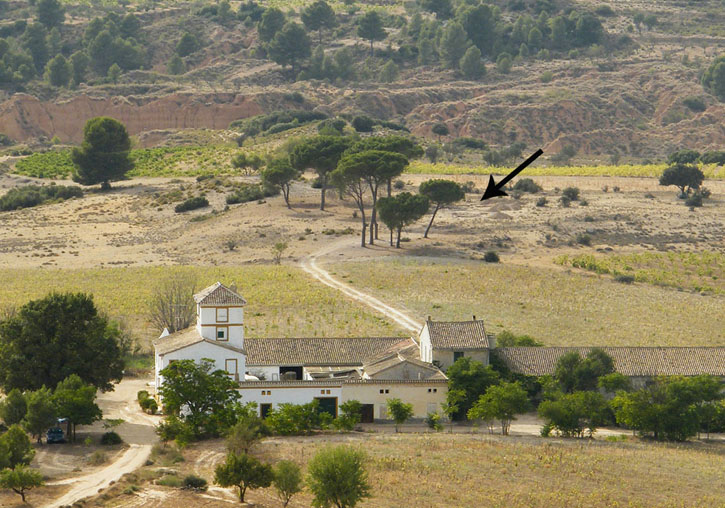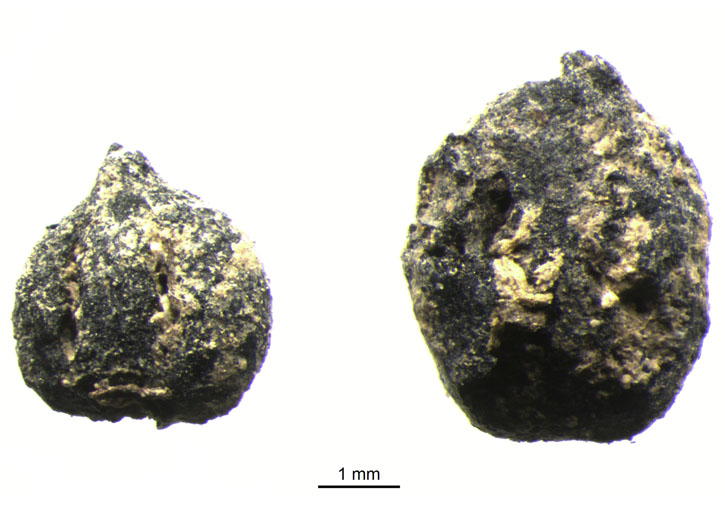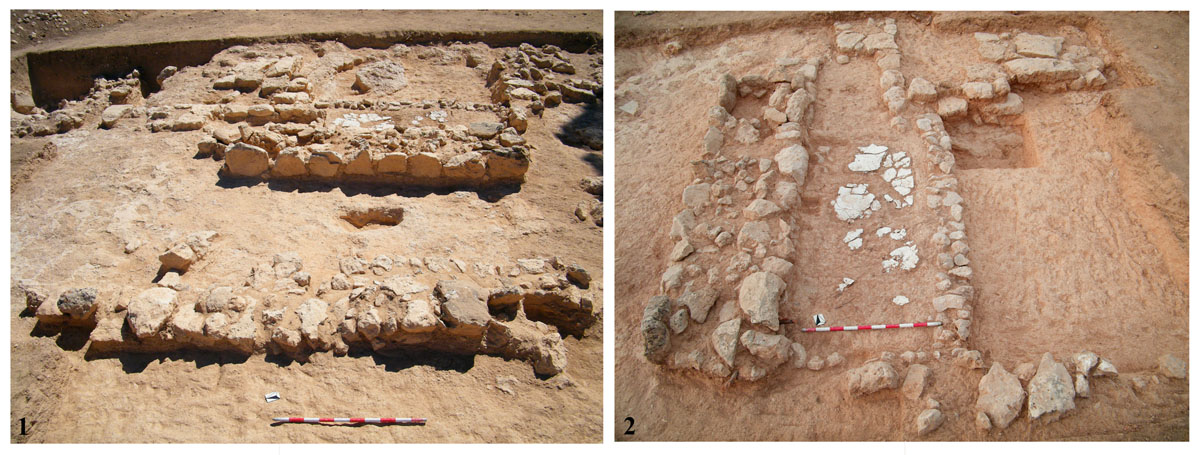A multidisciplinary team with the participation of David Quixal, Consuelo Mata, Yolanda Carrión and Guillem Pérez, professors at the University of Valencia (UV), together with UV researchers, just published in the magazine Pyrenae (UB) the complete study on the Iberian rural settlement of Casa de la Cabeza (Requena). The work reinterprets the place and its character of transition between the Iberian rural world and the Roman one, in which a cellar, a winery and grape seeds from the II-I centuries BC have been documented.

The article analyses the changes and continuities between the Iberian and Roman periods in terms of population and rural habitat, since this settlement was founded after the Roman conquest. The work also shows the long tradition of wine production in the Requena area for millennia, as shown by the rock structures (pilillas) of the nearby Rambla Los Morenos and Rambla La Alcantarilla.
The team led by researchers from the Department of Prehistory, Archaeology and Ancient History of the UV also concludes that in this settlement, “although we find some new characteristics, it presents a strong continuity with the rural structures of the previous phase (IV-III centuries BC)”.
In addition, they argue that this settlement integrated in the territory of the Iberian city of Kelin (Caudete de las Fuentes, Valencia) was made up of several sectors. Its location, on an easily accessible hill on a fertile plain, confirms that the new context derived from the Roman conquest generates a population strategy with the objective of increasing productivity. It also provides interesting information on metallurgy in the domestic sphere and covers the lack of paleobotanical studies of late Iberian chronology in the area.
The Casa de la Cabeza was excavated a decade ago as part of the intervention program of the Museum of Prehistory in Valencia and that work had previously been partially published. Currently, this site is currently threatened by a project to install a photovoltaic plant in its surroundings.
Article:
D. Quixal, C. Mata, V. Albelda, Y. Carrión, G. Pérez, A. Pérez, L. Sancho, J. M. Torregrosa. «La Casa de la Cabeza (Requena, València), un asentamiento rural de los siglos II-I a. C. Continuidad vs. cambio entre época ibérica y romana». Pyrenae, vol 53 núm. 2 (juliol 2022) ISSN: 0079-8215 EISSN: 2339-9171 (p. 33-63). Link: https://ir.uv.es/1BwByq7
Photo captions:
- Vitis vinífera seeds.
- Photographs of the winery and the cellar.





















